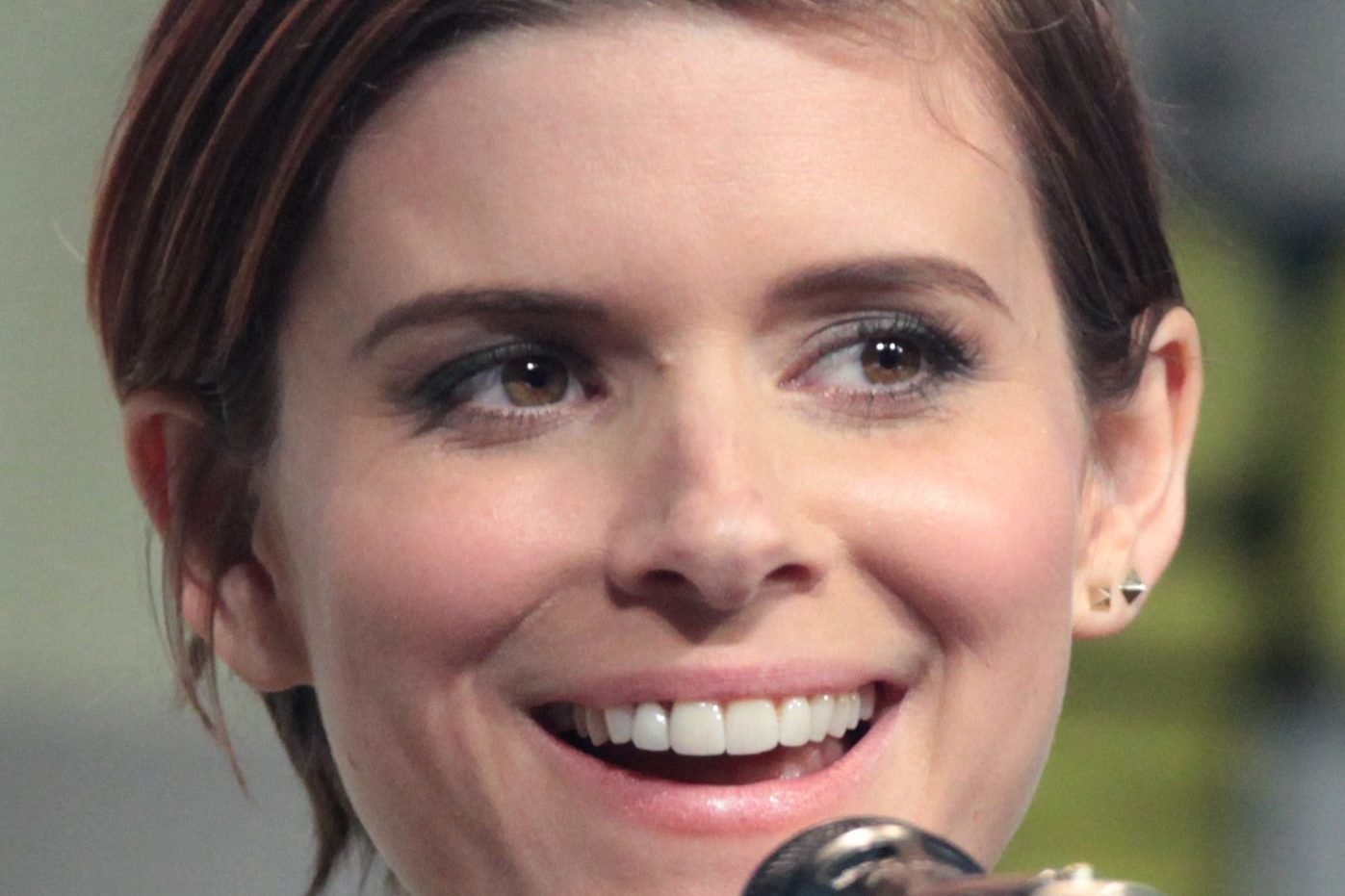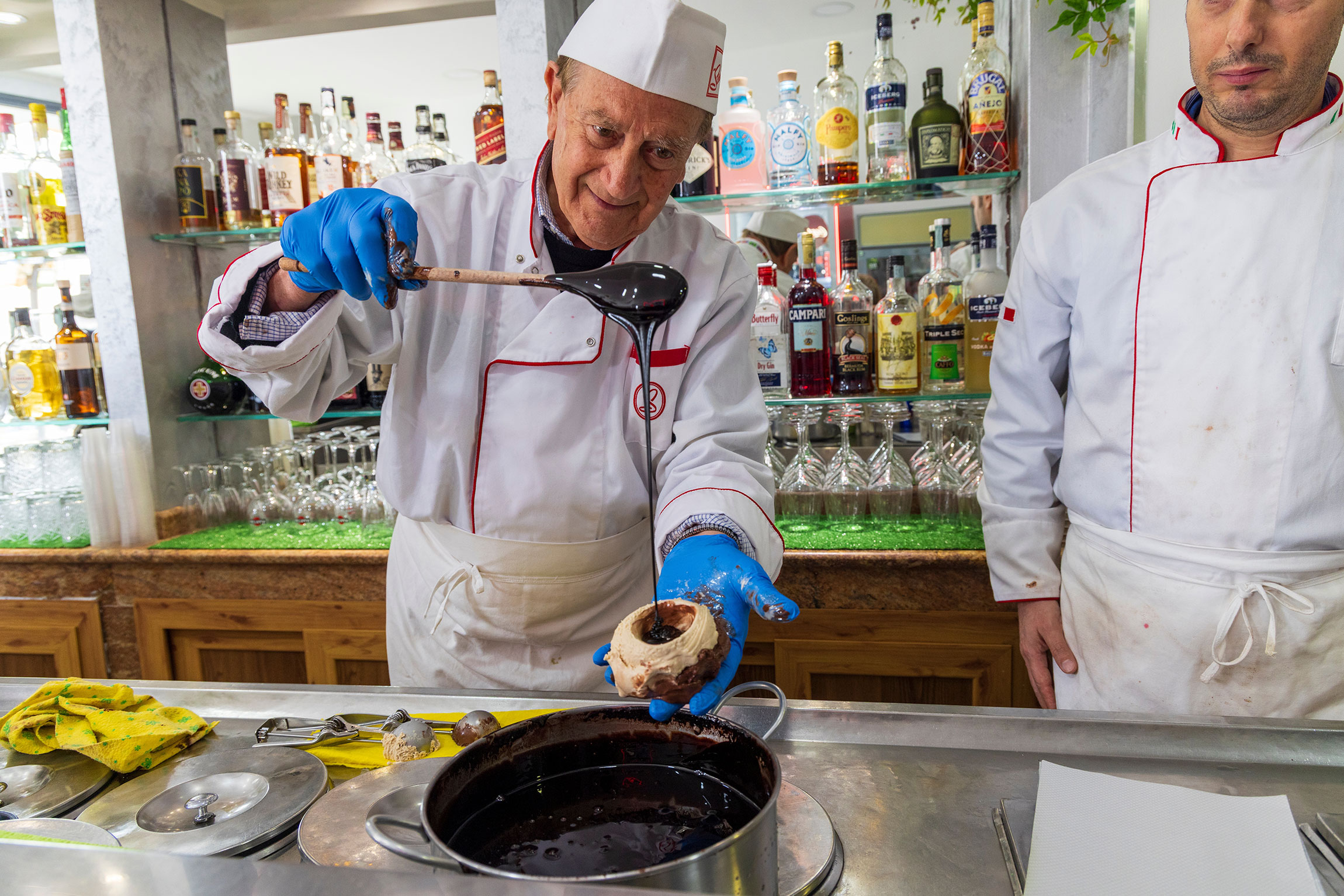Italian dubbing of foreign films is known to be the best in the industry. Dubbing started on the tail end of World War II, quickly becoming standard practice. Over the years it has become more than a tradition; not just a translation, nor an interpretation, it’s a real performance that matches the acting of Hollywood stars. In the seventies and eighties Italian voice actors were so good that their work was often praised by the director of the original movie.
The most famous example is that of Stanley Kubrick, known for supervising every single aspect of his films, who went on record with his appreciation of the Italian voice for HAL 9000 in 2001: A Space Odyssey and that of Giancarlo Giannini in The Shining. In recent years there’s been a dramatic drop in the quality, partially due to bidding wars (emerging companies offering to do the job for less), less time dedicated to the work, and studio interference. This goes hand in hand with new generations falling out of love with dubbing, because of a better knowledge of the English language and easier access to the original version thanks to DVD and satellite TV. It would seem only a local matter, not accordingly to talented up and coming director Jordan Ledy, who decided to take a closer look at the world of dubbing in Italy with his film It’s better in Italian. I met with Jordan to find out what fascinated him so much to the point of making a documentary about it.
“I was an American student at Columbia University, I had done a study abroad program in Florence and that was really where I fell in love with Italian culture. I was there for seven months, living with a homestay family. They had two sons, one of them was just one year younger than me; they didn’t speak English and I spoke only a bit of Italian, more than I could understand. I’m an extrovert; I couldn’t just sit at the table and not have a conversation. I ate dinner with them every night and they would always have the TV on. It would be an Italian show like Striscia la Notizia and every now and then I would look over and it was a hospital procedure or law and order type show. After one minute watching I realized it is the American show! It is Hugh Laurie and he’s speaking Italian! I had assumed, as an American, everyone watches films with subtitles and the only things that are dubbed are Bruce Lee films. I had a closed view of the world, I was 21 years old and I had lived in New York pretty much exclusively my entire life.”
While getting his master degree in production at USC, Ledy took a documentary class with award winning Amanda Pope and thought of the Italian dubbers as the perfect topic for his film. “I pitched the idea showing some clips of Tonino Accolla doing Eddie Murphy. He was the one who really inspired me to do this project. I heard stories of him walking in any bar and laugh like Eddie Murphy and people would buy him a glass of wine. A lot of American students got as excited as I was. I then connected to Massimo Sarti, who at the time worked at the Italian Institute, through somebody at USC; he connected me to Luciano Palermi, who lives here in Los Angeles and dubs in flight entertainment. Through him I got to Roberto Pedicini.”
Pedicini is a legend among Italian Dubbers, having provided the voice to a variety of Hollywood stars. When Ledy met with him, they hit it off immediately. It became apparent Pedicini would be the first subject of his film, “He saw an American who spoke Italian and his reaction was – come to my house I’ll make pasta!” Contacting some of the other people seemed odd at first, “Here it was this American kid coming to Italy to make a movie about dubbing;” Sandro Acerbo accepted because Pedicini vouched for him, Pino Colizzi thought that Ledy and his crew were journalists. “We thought we were really a small production. We didn’t have big cameras and we only had few lights. I remember saying, ‘can you give us forty minutes to set up the lights?’ and the answer was, ‘why? Just turn the switch on’. By the second week when I called [the response would be], ‘Jordan! The American director! I hear you are really professional; I’m ready for this interview.”
It’s better in Italian is informative and entertaining, it gets right into it after a brief introduction by Peter Weller, and covers all aspects of this fascinating profession. It tells a story for each of the people being interviewed, with a beginning, a middle, and end. This is rare in documentaries, which tend to just tell the facts; Ledy’s doc is very cinematic. He also chooses his subjects wisely to keep things fresh and engaging, there’s the veteran (Pedicini), the new generation (Davide Perino), and the student trying to book his first job (Ugo De Cesare). “I knew I didn’t want to make a film that was only a list of facts. It would have been only for people who are interested; I wanted Italians to enjoy it but also Americans to enjoy it. The first step was getting our characters’ story, and get people to watch.
If I tell an audience, come see a movie about Italian dubbing and I don’t see Samuel Jackson speaking Italian, I’m gonna be upset. The work these people do! We are making a movie about people behind the scenes, when the lights are turned off. I wanted them to look like rockstars, because they don’t get to be usually.” The director is also particularly good at hinting at many of the problems (the state of the economy, the drop in quality, the studios protecting their investment which translates into limiting the freedom of the language adaptation), without dwelling too much into it.
After festivals in Santa Barbara and Nashville, Jordan is ready to bring his film back to where it all started. He’s applying to film festivals in Turin, Rome and he’s eyeing Venice. It would make a great sell to Italian TV, “I’d love to have it on Italian TV. It’s fun watching it with different audiences. Every time a clip of Robert De Niro dubbed comes up American audiences burst up laughing whereas for Italians is normal. The Italian audience laughs at different things. I think the American perspective on Italian culture really gave me an advantage because if I was an Italian filmmaker meeting the dubbers they may be less excited to do it. There was something about, ‘it’s an outsider who is really interested’. There was uniqueness to our production, which everybody found interesting.”




























